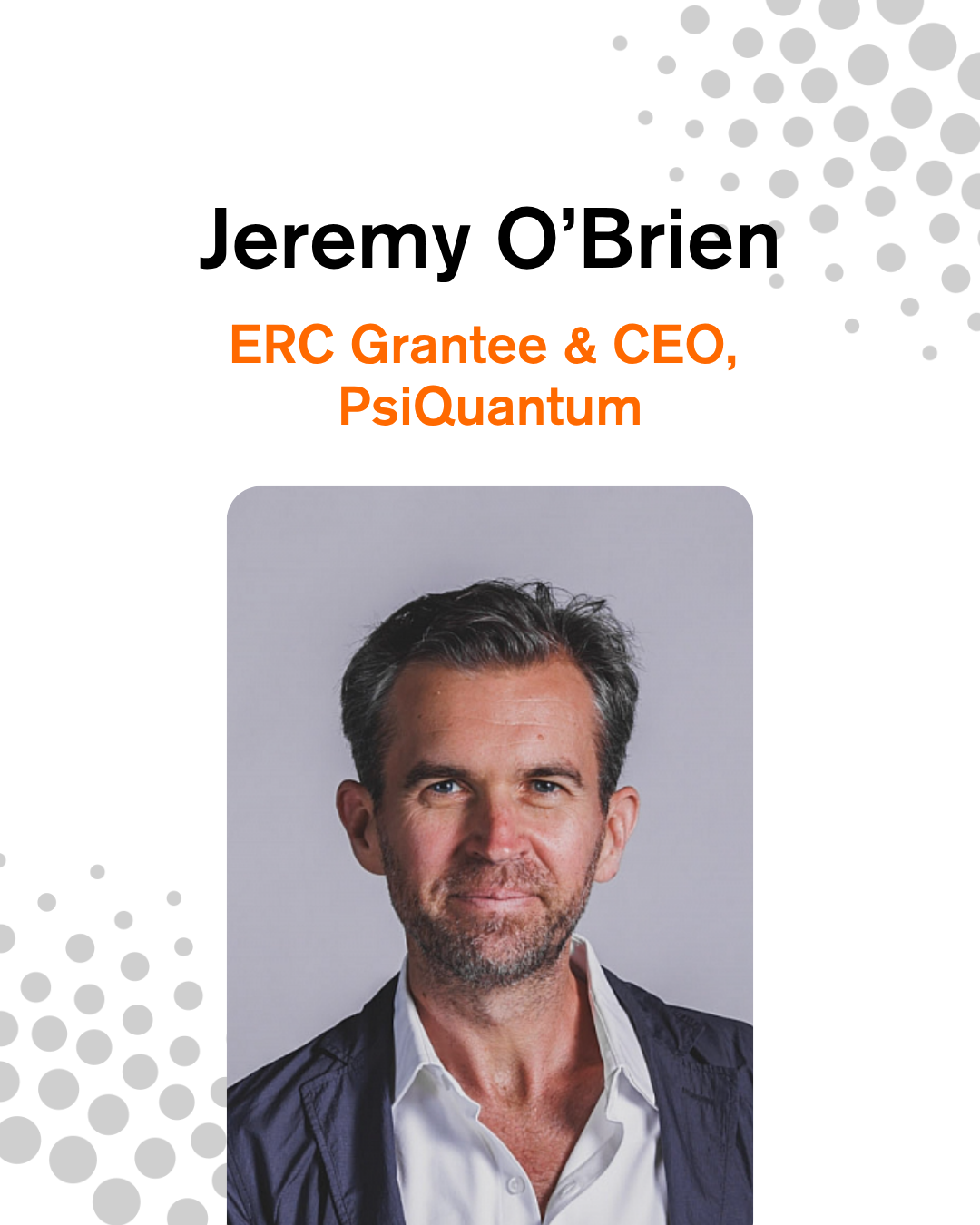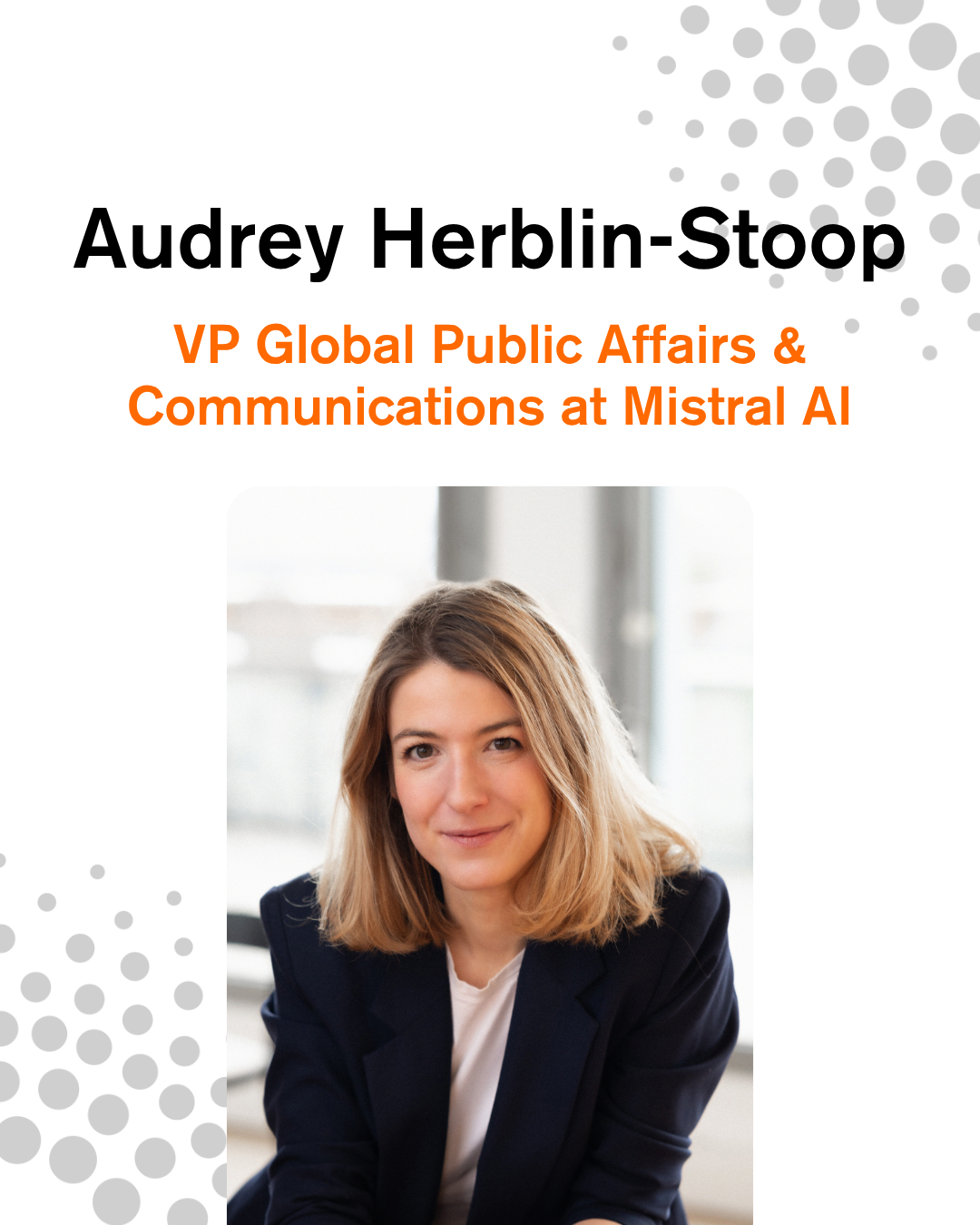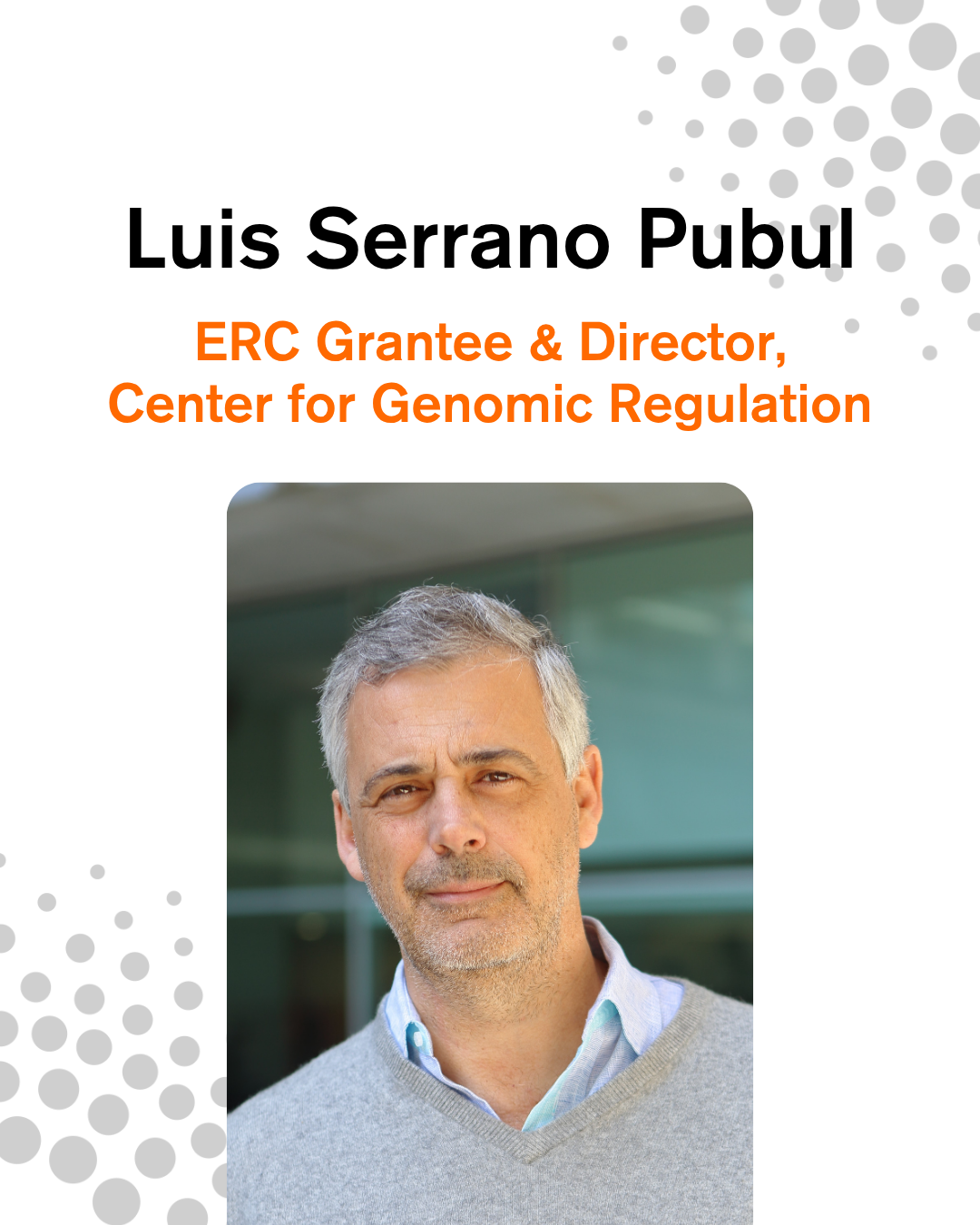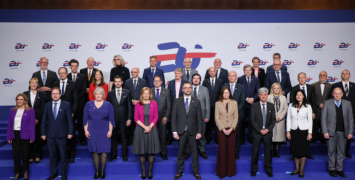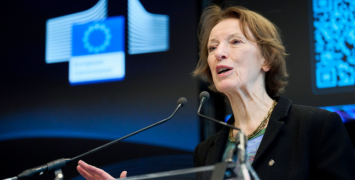Science, talent and technology: Industry voices on Europe’s competitive edge
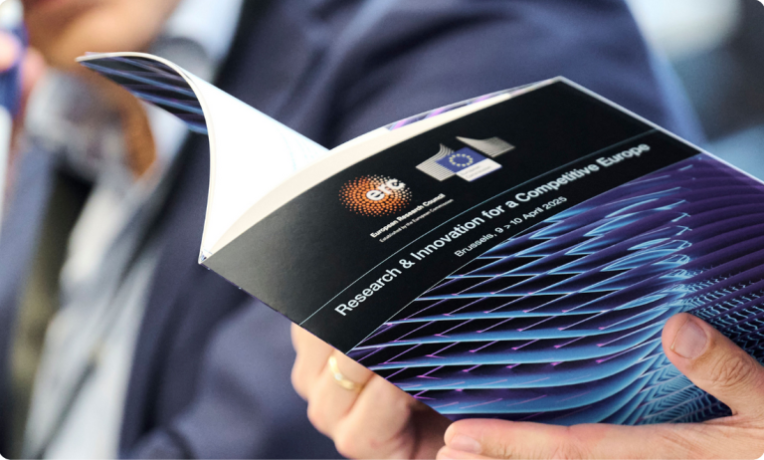
In early spring, the ERC brought together leading figures from business and innovation for a meeting in Brussels to discuss the factors shaping Europe's standing in the world and the role of science in that future. For these leaders, staying ahead means more than numbers: it is about nurturing ideas, attracting talent, and building strong partnerships. Here is what they had to say.
From discovery to everyday impact
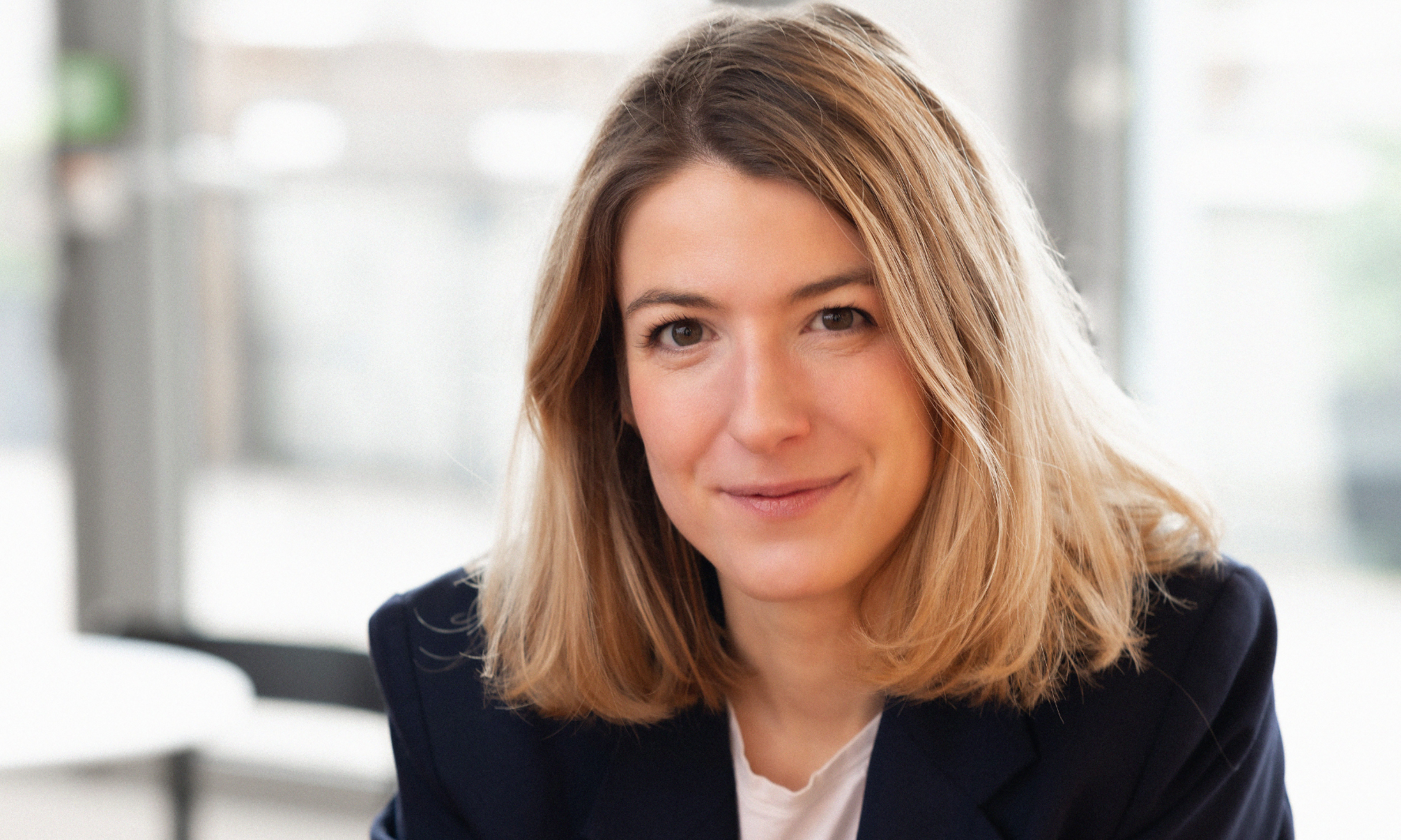
Audrey Herblin-Stoop, VP Global Public Affairs & Communications at Mistral AI, emphasised the need for speed, ambition, and scale in Europe’s approach to artificial intelligence – starting with research excellence, but not stopping there.
‘It is encouraging to see everyone in Europe pulling together to ensure our continent can compete globally - and that new tools such as AI can help us do that,’ she said. ‘But we have to move beyond strong research in AI and make sure these advances are used in businesses and government offices, changing how we work and boosting productivity.’
‘To become more competitive, Europe should build on its strengths: our outstanding academics and thinkers. Europe should continue to fuel this research world, and ensure that research leads to innovation, ultimately creating startups. The next challenge is enabling those startups to grow and reach new markets.’
Creating the industries of tomorrow
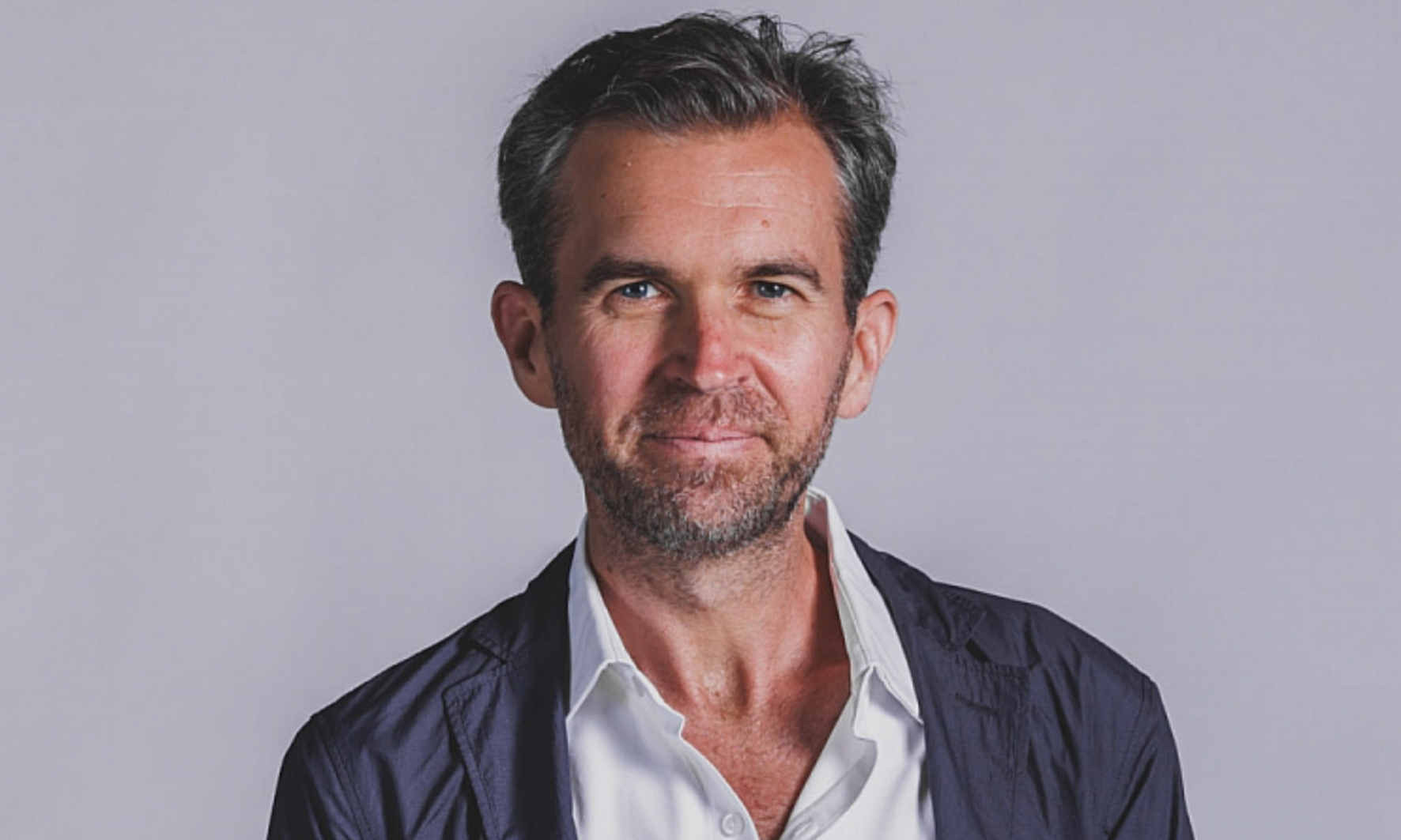 Jeremy O’Brien, CEO of PsiQuantum, called on Europe to leverage its world-class research base to lead in transformative technologies such as quantum computing.
Jeremy O’Brien, CEO of PsiQuantum, called on Europe to leverage its world-class research base to lead in transformative technologies such as quantum computing.
’The ERC is probably the finest research council in the world, with unmatched rigour in awarding grants. Those grants have been critical to our company’s success,’ O’Brien shared.
‘Europe has a unique opportunity to build on its research strengths and invent the industries of the future. There’s now an understanding that energy, semiconductors, and AI are the backbone of the new economy – and quantum computing should be added to that list.’
‘Quantum computing is the most profoundly world-changing technology that humans have yet discovered. It will be central to the energy transition, to healthcare, climate change, sustainability - and pretty much every existing industry.’
Bringing together expertise
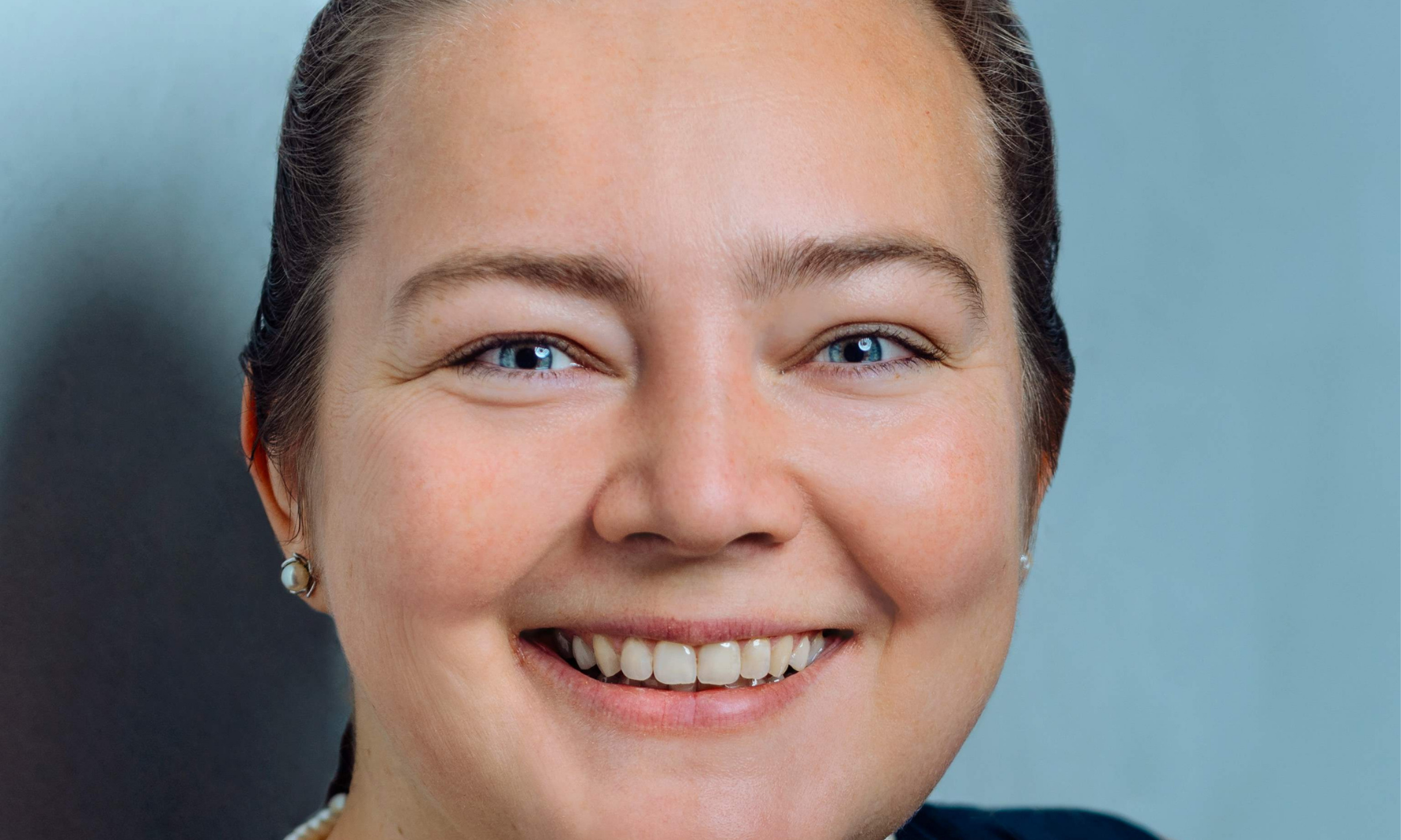 Susanne Beckers, Strategy Director at SAP SE, highlighted the importance of European rules in reinforcing shared values when it comes to new technologies such as AI but warns against fragmentation.
Susanne Beckers, Strategy Director at SAP SE, highlighted the importance of European rules in reinforcing shared values when it comes to new technologies such as AI but warns against fragmentation.
‘The EU AI Act reflects our core values. It gives industries in the EU a unique selling point: We stand for reliability and trust. That is something that sets us apart. That said, how these rules are applied can vary across EU Member States, which can cause friction and add costs for the industry. It is important that we approach this as a united Europe. Common AI activities are a good starting point for bringing together clusters of expertise.’
‘It is important for Europe not only to focus on AI research and training but also provide enterprise ready AI services and operations to cater to Europe’s businesses and drive European economy.’
Science and industry: a two-way street
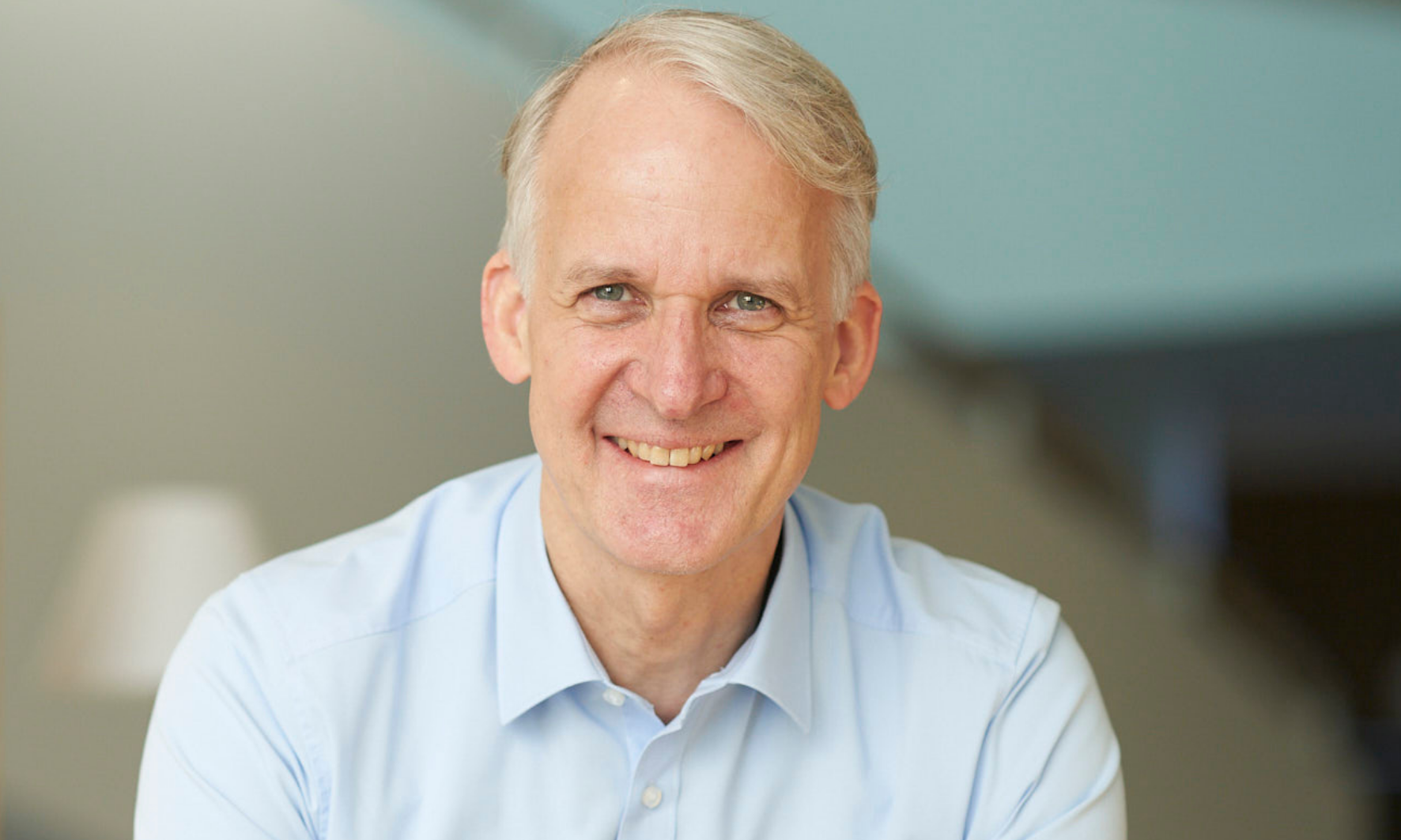
Marcus Schindler, Executive Vice-President and Chief Science Officer at Novo Nordisk, reflected on the close relationship between research and industry.
‘Founded over a hundred years ago on insulin discovery at the University of Toronto, Novo Nordisk is built on turning scientific breakthroughs into new medicines. We invest heavily in basic research because we want to understand the diseases we work on and patient’s needs. This symbiotic ecosystem, where research and industry benefit from each other, is very dear to me.’
‘Universities foster talent: our scientists come from academic institutions around the world. We depend on this system to produce outstanding researchers, who are driven, passionate, and purposeful. Peer review gives us the confidence that our work is world-class. Bringing all this together is key to Europe’s strength.’
Unlocking Europe’s data advantage
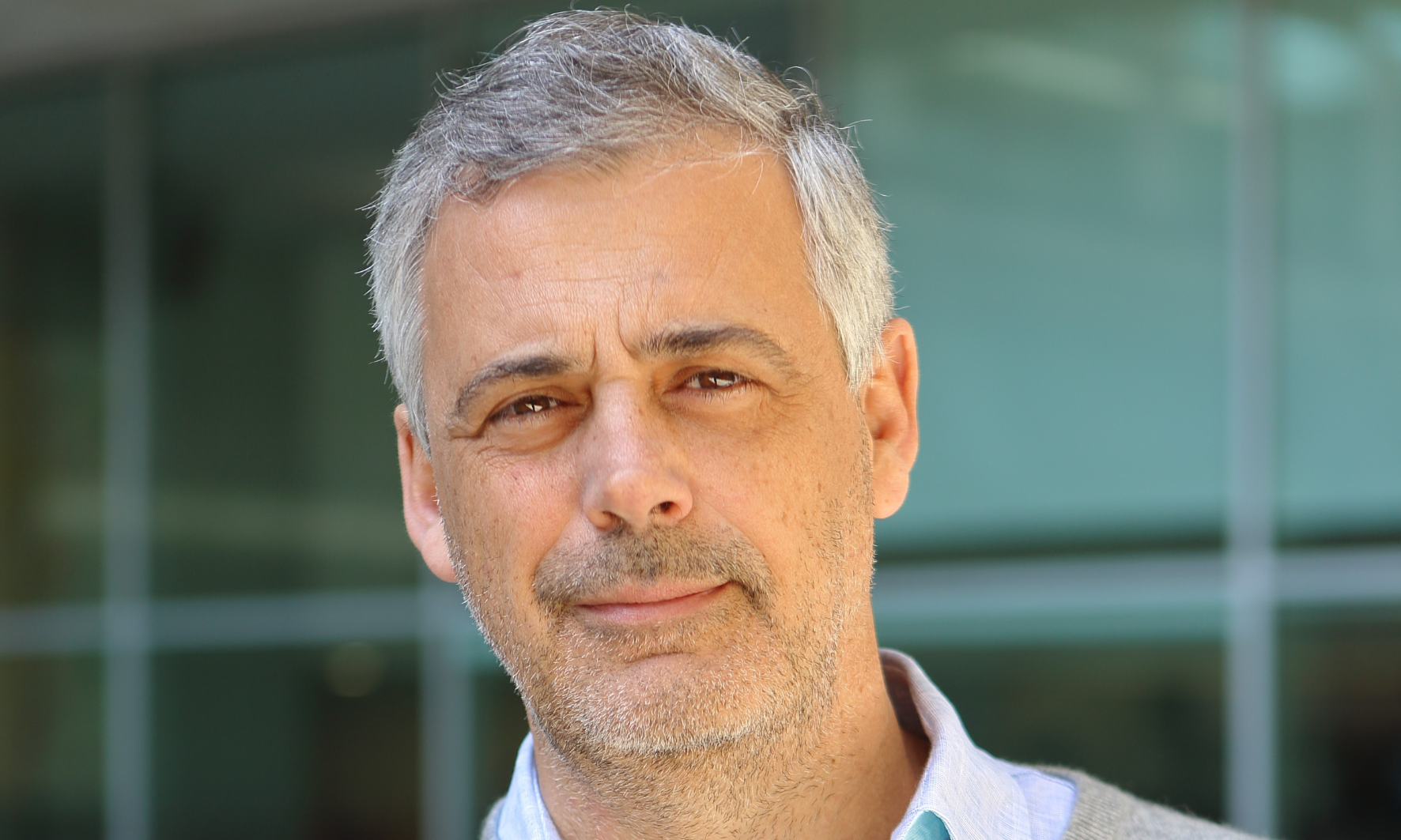
Luis Serrano Pubul, Director of the Center for Genomic Regulation (CRG) in Barcelona and ERC grantee, highlighted Europe’s untapped potential in health data and the transformative role of AI:
‘Europe’s universal healthcare systems generate a wealth of medical data, covering nearly every citizen, from hospital visits to pharmacy prescriptions. This is a unique asset for science and industry, but today, the data is fragmented and stored in incompatible formats across hospitals and countries. If we can standardise and securely share this data, while protecting privacy, the impact would be enormous: researchers and companies could analyse long-term health outcomes, accelerate drug discovery, and personalize treatments using AI.’
‘Achieving this requires political will, investment, and a shared commitment to interoperability. It’s a moonshot challenge for Europe - one that could position us as global leaders in AI-driven healthcare innovation and deliver tangible benefits to society.’
A shared ambition for Europe
Collectively, these industry perspectives point to a single conclusion: Europe’s future competitiveness relies on its ability to connect scientific excellence with practical application. Making this a reality will require sustained investment in breakthrough research, and a climate where innovative ideas can flourish.

